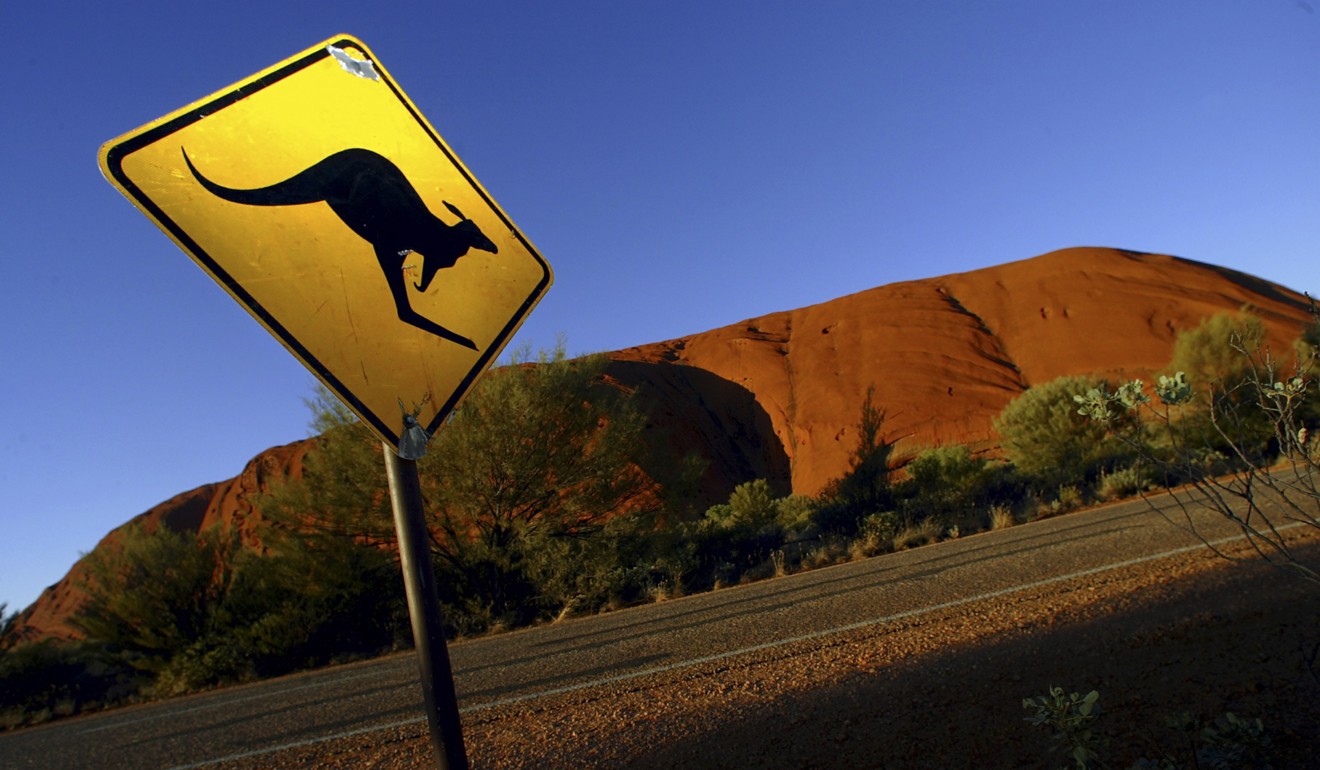It’s shameful how little we know about China
Peter Kammerer says Hong Kong people’s knowledge of the nation is woefully lacking. If teaching the Communist Party’s version of Chinese history in schools is not the best way to instil a love of the nation, why not focus on China’s rich culture, diverse geography and delightful cuisines?

If we relied on Western pop songs for our knowledge of the world, life would be scary indeed. Led Zeppelin’s Kashmir has a line about eyes filling with sand “as I scan this wasted land”, an odd way to refer to the idyllic region of valleys and mountains in Himalayan India, and Toto’s Africa has the line, “as sure as Kilimanjaro rises like Olympus above the Serengeti”, which is a geographic falsehood, even on the clearest days in northern Tanzania or southwestern Kenya.
Hong Kong is sometimes thought of as being part of Japan. Dutch DJ and record producer Tiesto rhymed in his latest song how he just ordered sushi from Japan with “Jackie Chan”, and the late American indie singer Alex Chilton’s Bangkok gets Asia totally wrong in so many ways – not only speaking of the Thai capital as being “just a little town down in Indonesia”, but also “making love the Japanese way/learned aggressively in Hong Kong”.
We shouldn’t be too critical of such ignorance, though; how familiar are we with the geography, natural or political, of China?
I confess, from my own perspective, not nearly as familiar as I should be. But then, I know for sure I’m far from being the only one. I believe most Hongkongers would struggle with locating on a map the majority of the nation’s 23 provinces, five autonomous regions and four municipalities (I’ll exclude the two special administrative regions, Hong Kong and Macau, shoo-ins for a local audience).
Without such basic knowledge, there is little point in going a few steps further by asking about the topography, climate, names of provincial capitals and local agricultural produce and industries.
These are what I was taught at primary school about my country of birth, Australia, and its states and territories. I learned about the highest mountain and significant ranges, the populations of the capital cities and the names of the major rivers and tributaries.

On a map, I could point to where there was desert, tropical rainforest, cattle and sheep grazing, and mining. The numbers have since changed, but all these years later, my fundamental knowledge still stands.
High-school geography, Asian studies at university, book-reading, movies and music, and three decades as a journalist have given me knowledge, to varying degrees of depth, about a host of other countries.
American pop culture has done the best teaching job of all
American pop culture has done the best teaching job of all, songs being so rife with references to the US that I know too much about locations to which I have never been, like the Smoky and Rocky mountains, Alabama and Alaska, and a host of places name-dropped in titles, among them Tupelo, Wichita, Sausalito, Luckenbach and Nutbush.
But the pervasiveness of American soft power and the ability to sing along to a karaoke backing track of Hotel California are not excuses for ignorance about China.
Nor can I understand Beijing’s way to instil a love of the nation among Hongkongers; it has taken the confrontational approach of first teaching students the Communist Party’s version of Chinese history rather than taking the practical path offered through geography.

Each of China’s major geographical regions is distinct and that has led to particular cultures, languages, historical patterns and economic activities. Learning about the diversity and complexity created by the North China Plain, Loess Plateau, the Southeast coast and Shanghai, Yangtze valley, Sichuan Basin, the Southwest uplands, Xinjiang, the Northeast, and Qinghai and the Tibetan Plateau is invaluable for those with the inclination.
But teaching this way may not be to the liking of a government that favours keeping things simple; a single language and a Confucian-centred culture.
An even better starting point to getting to know and love China may therefore lie in something Hongkongers are only too fond of embracing: food.
How many of us know that there are eight major Chinese cuisines, Cantonese, Sichuan, Jiangsu, Zhejiang, Fujian, Hunan, Anhui and Shandong? Satisfying stomachs may be the simplest way to get people hooked on China – and, in the process, promote understanding, knowledge and appreciation.
Peter Kammerer is a senior writer at the Post